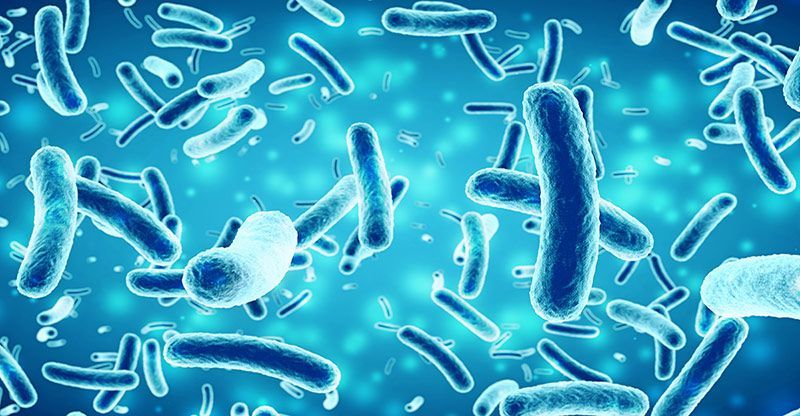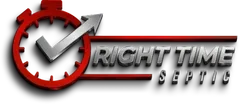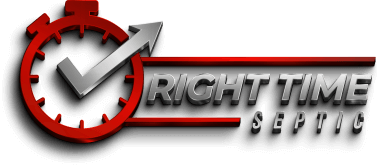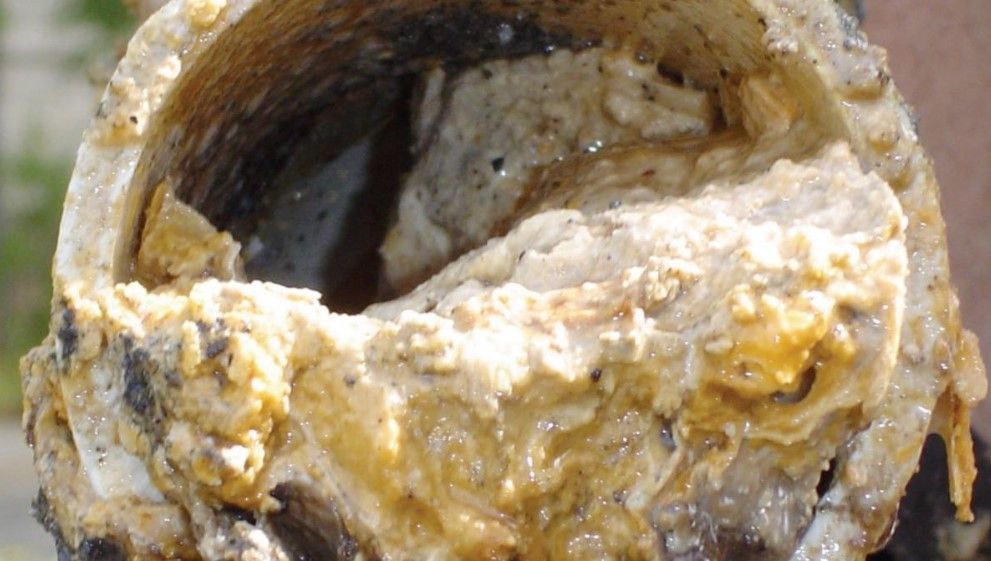Tips for New Septic Tank Owners

do's and don'ts of septic system care
- Understand Your System:
Before diving into maintenance, take the time to understand the specifics of your septic system. Know its type, capacity, and location. This information will guide your maintenance efforts and help you communicate effectively with professionals when needed. If you need help finding this information were happy to help.
- Keep Records:
Maintain detailed records of your septic system, including installation details, pump-out schedules, and any repairs or modifications. Having this information readily available can streamline future maintenance and troubleshooting.
- Watch What You Flush:
One of the most critical aspects of septic system care is being mindful of what goes down the drain. Only flush human waste and toilet paper. Avoid flushing non-biodegradable items, as they can clog the system and lead to costly repairs.
- Limit Water Usage:
Excessive water use can overwhelm your septic system. Invest in water-efficient appliances, fix leaks promptly, and consider spreading out activities like laundry and dishwashing to avoid overloading the system.
- Use Septic-Safe Products:
Choose cleaning and personal care products labeled as septic-safe. Harsh chemicals can disrupt the balance of bacteria in the tank, impacting its ability to break down waste effectively.
- Mind Your Garbage Disposal:
While convenient, garbage disposals can increase the load on your septic system. Limit their use and dispose of kitchen waste in the trash to prevent excess solids from entering the tank.
- Regular Septic Inspections:
Schedule regular septic inspections by a qualified professional to catch potential issues early. Detecting and addressing problems promptly can save you from more significant and costly repairs down the line.
- Pump Your Tank Regularly:
Determine the appropriate pumping schedule based on your tank size and household usage. Regular pumping removes accumulated solids, preventing them from clogging the system and ensuring optimal performance.
- Protect the Drainfield:
Keep the drainfield clear of heavy vehicles and structures. Compacted soil can hinder water absorption, leading to system failures. Plan landscaping activities with the drainfield in mind.
- Educate Household Members:
Ensure that everyone in your household is aware of septic system best practices. Educate them on what can and cannot be flushed or poured down drains to prevent avoidable issues.
Owning a home with a septic system can be a rewarding experience, but it comes with responsibilities. By following these tips for new septic tank owners, you can maintain a healthy and efficient system, preventing major problems and ensuring the long-term functionality of your septic tank. Regular maintenance and responsible usage are the keys to a trouble-free septic system.
At Right Time Septic, we are your source for professional septic repair, installation, pumping, and maintenance service. Contact us today for a FREE estimate.



